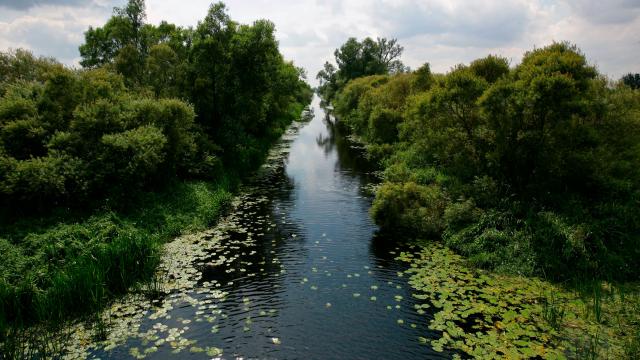Make 2024 the year of conscious choices over convenience! We have some suggestions below for how to make more sustainable choices this year. You could try picking one or two that work for you from each section.

© Istockphoto.com / WWF-Canada
1. Use less water
Water is a finite resource on our planet. It’s a precious commodity we often take for granted. Here are some ways you can help save water:
- Take shorter showers (every minute reduced could save 9-15 litres).
- Install flow restrictors and aerators on your taps and shower heads.
- Use the quick wash setting on your washing machine.
- Turn off the tap when you brush your teeth.
- Collect rainwater to water your garden – it’s better for the plants anyway!
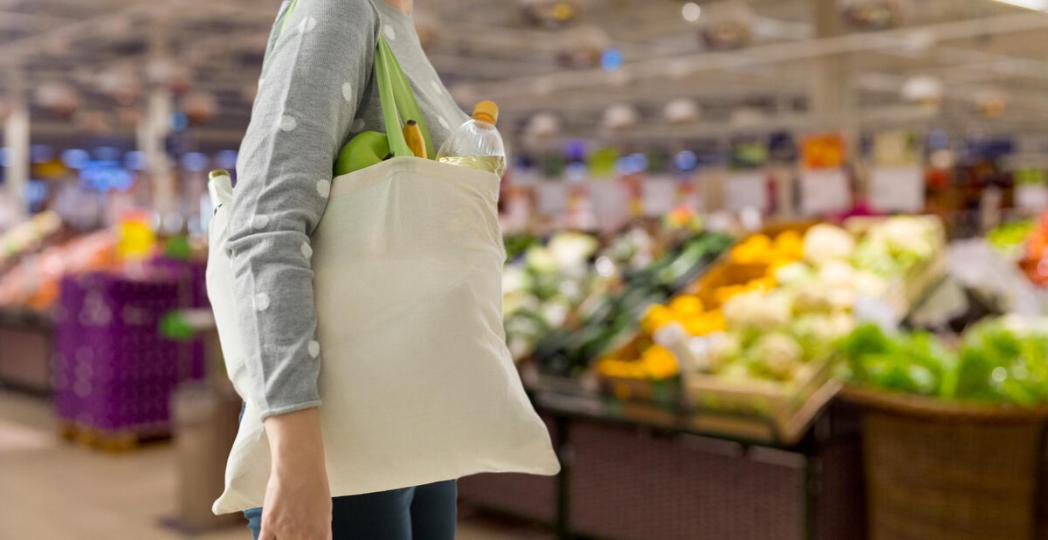
© Shutterstock
2. Refuse excess
Be conscious of the things you consume and dispose of:
- Say no to disposable coffee cups and remember to take a reusable one with you when you leave the house. You can get collapsible ones which you can rinse and pop back in your bag, taking up very little space.
- Say no to disposable carrier bags (paper or plastic), cutlery and paper towels.
- Ask yourself “Do I really need this, or will it be wasted?” before picking up those half-price or buy-one-get-one-free offers.
- Shop second-hand as much as possible. A variety of shops, websites and apps provide marketplaces for people to sell pre-loved goods, so try shopping second-hand next time you need something, before buying something new.
- Give new life to old items. Rather than throwing things away, can you repair them or upcycle them into something new? You could give them to friends, family or colleagues, sell them, or give them to charity (if they’re in good condition).
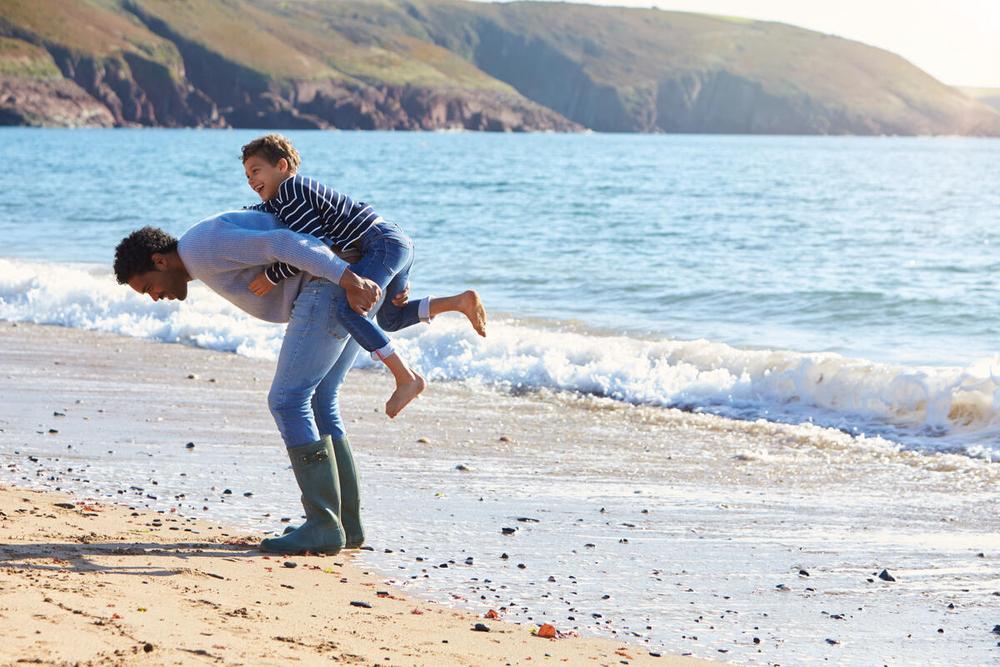
© Shutterstock
3. Reduce your travel footprint
- Swap a short drive (such as to your local shops) for a walk. This can boost your daily step count, get you out in nature, and save you money.
- If you have a bike, cycle more. You might be able to swap a regular car journey for a cycle ride by investing in a good helmet, some waterproof clothing, and a basket or panniers to help you carry shopping or other items home.
- Could you take the train instead of driving? If so, think of this as an investment in your wellbeing. Get a good book, podcast or videogame, and use this travel time doing something you enjoy.
- Take a local holiday. How much of your own country have you seen? You could choose a holiday that’s closer to home this year, and avoid flying.
- If you need to drive in a city or town, is there a car-share scheme available? If several people share one vehicle through a share scheme, this reduces the space required for cars and the environmental impact of producing as many new cars.
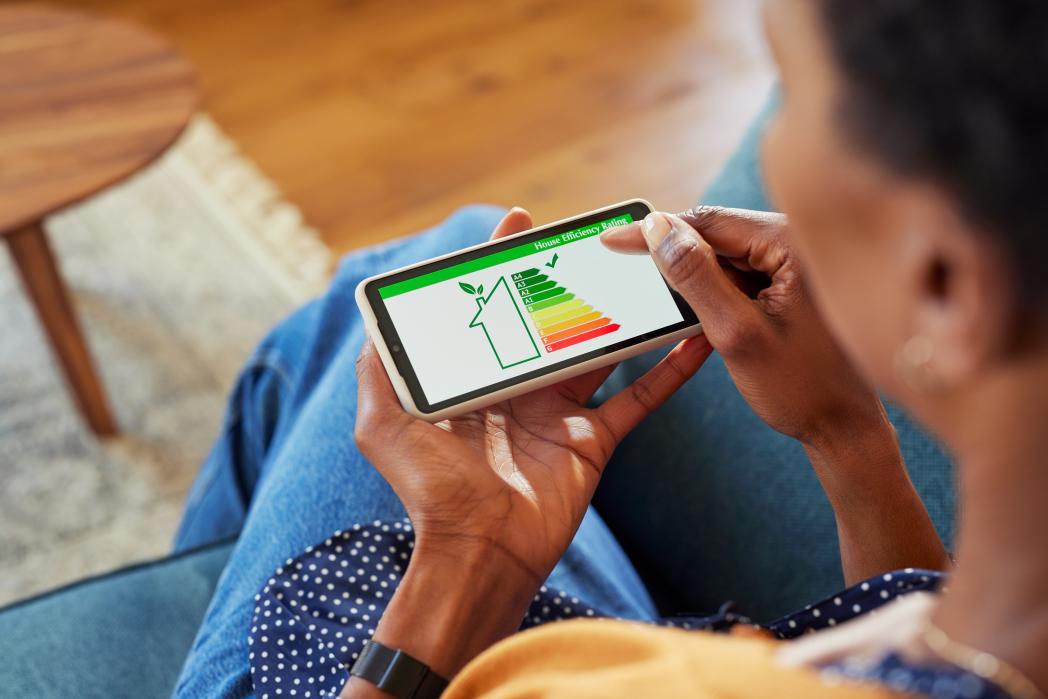
© Ridofranz / iStock
4. Save Energy
- Try to keep the temperature of your home between 18-21oC during winter.
- Swap your bulbs for energy efficient LEDs where possible. These last longer and will save you money by using less energy.
- Turn plugs off at the wall when they’re not in use. Devices left on standby or turned on at the wall still use energy. Even though it’s a small amount, this is energy (and emissions) that could be saved.
- Adapt your home to climate change. In winter, add soft furnishings (blankets, rugs, cushions) that lock in heat. You can remove and store these during summer to keep your home cooler. Add thermal curtains to block out heat in summer and store heat in winter. Try installing shutters on the outside of your windows to block the hot sun during summer.
- Turn devices such as phones and laptops off when they’re fully charged. This saves energy and is better for the battery on that device.
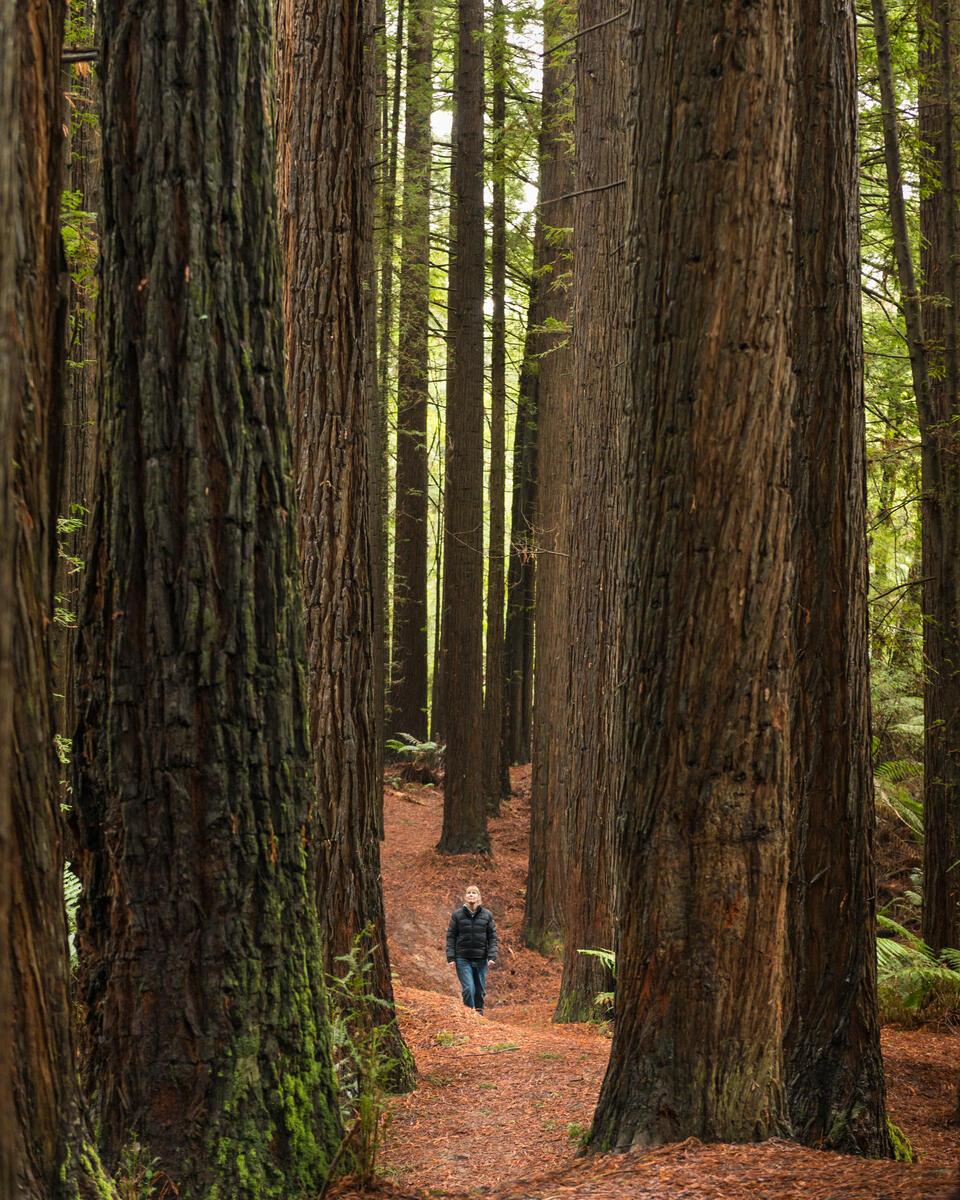
© naturepl.com / Doug Gimesy / WWF
5. Educate yourself and others
- Get out in nature in all weathers and experience the seasons. This helps us feel connected to nature and more mindful of the world around us.
- Learn about our natural world. Find a book (second-hand if possible) about birds, trees or insects, and start identifying the species around you.
- Share knowledge with others in your life. Go for a walk together, show them the species you’ve learned to identify or the fun facts you’ve found out. Help others discover joy in the nature around them.
- Visit a local nature reserve. Look for sites managed by the Wildlife Trust, National Trust, Woodland Trust or another local charity. Or look for Special Protection Areas (SPAs) or Special Sites of Scientific Interest (SSSI), which are areas protected because they contain protected species.
- Become a citizen scientist. Many charities need volunteers to help them collect data. You can help by taking part throughout the year. For example, you could join the Big Garden Bird Watch, the Big Butterfly Count, the Bee Walk, Big Spawn Count (for frogspawn), and more.
You can find some of these tips in our challenges, and join them to earn points and build more sustainable habits.
